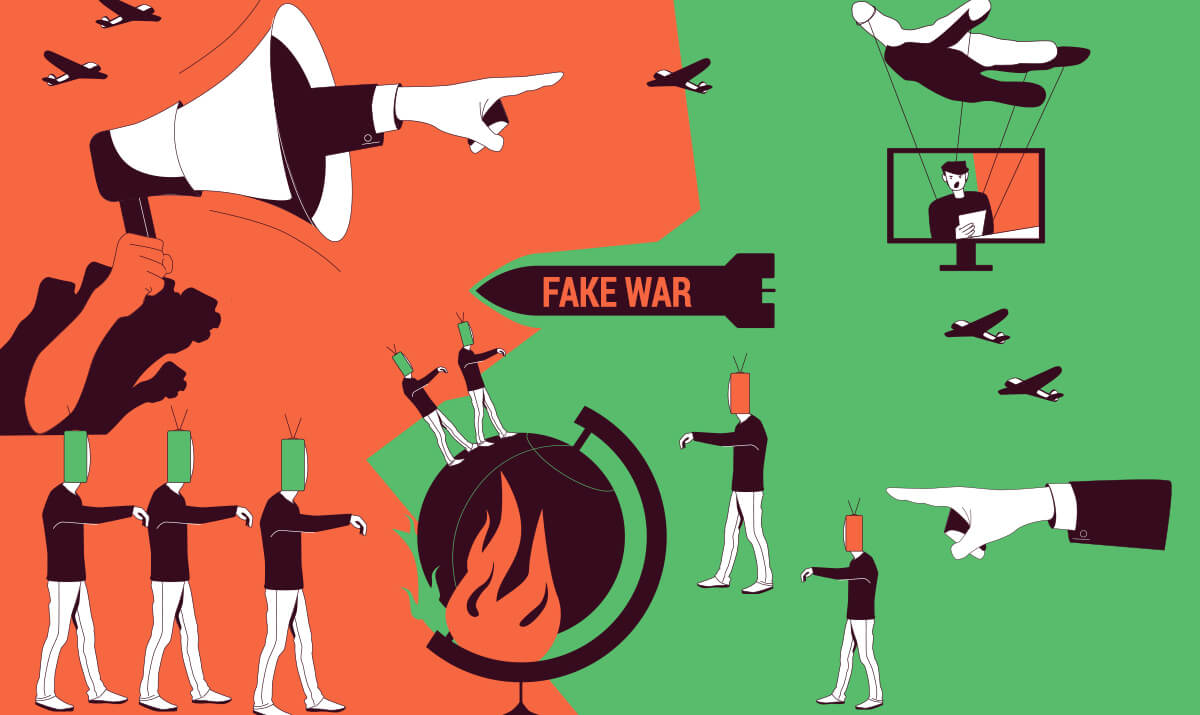The Power of Information: Democracy’s Lifeline and Polarization’s Catalyst
In the digital era we live in today, information reigns supreme. It serves as the lifeblood of democracy, enabling citizens to make informed choices and hold their leaders accountable. However, the abundance of information is a double-edged sword, capable of both uniting and dividing societies. With the rise of artificial intelligence (AI), the manipulation of information has never been easier. In this article, we will delve into the intricate relationship between information, democracy, polarization, and the evolving role of AI in this complex landscape.
The Crucial Role of Information in Democracy
Democracy thrives when its citizens are engaged and well-informed. Access to information empowers individuals to make educated decisions, demand accountability from their leaders, participate actively in civic life, and safeguard human rights.
However, information can also be a breeding ground for polarization, manifested through:
Filter Bubbles: the internet and social media often employ algorithms that cater content to users’ existing beliefs, creating echo chambers that reinforce their opinions and isolate them from dissenting viewpoints.
Disinformation and Fake News: the dissemination of false information, whether intentional or not, can manipulate public opinion and fuel polarization.
Confirmation Bias: people tend to seek out information that aligns with their pre-existing beliefs, further deepening ideological divides.
The Impact of Artificial Intelligence
Artificial intelligence plays a pivotal role in shaping the influence of information in democracy:
On the positive side: AI enhances information access, aiding users in discovering diverse perspectives and fact-checking, which contributes to a well-informed citizenry.
On the negative side: AI algorithms, if not thoughtfully designed, can inadvertently amplify divisive content to keep usersengaged, thus intensifying polarization. AI can be harnessed to create persuasive fake content, blurring the line between truth and falsehood. AI-driven micro-targeting tailors political messages to individual users, potentially swaying their opinions.
Striking the Right Balance
To ensure that information remains a cornerstone of democracy without exacerbating polarization or manipulation, several measures can be implemented:
Media Literacy Education: promote critical thinking and media literacy skills to empower citizens to discern credible sources from misinformation.
Algorithmic Transparency: advocate for transparency in AI algorithms employed by tech platforms, enabling users to understand how content is selected and presented to them.
Fact-Checking: support independent fact-checking organizations that verify information’ saccuracy and debunk false claims.
Ethical AI Development
Enforce ethical guidelines and regulations for AI development, emphasizing responsible use and minimizing bias.
In this context, initiatives like Infoready aim to support adults in addressing the challenges of the digital age, ultimately bolstering democracy.
In conclusion, information remains a pivotal force in democracy, capable of shaping the future of nations. However, it is incumbent upon society to harness this power responsibly, ensuring that information continues to serve as a unifying force rather than a divisive one.




